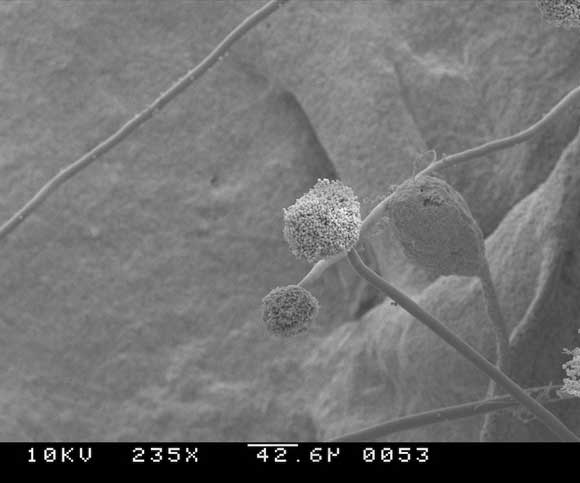Scientists say the network of root-like filaments that grow in Aspergillus tabin helps break down polymers. Some plastics, which carry deadly pollutants and take decades to break down, can be broken down by A. tabin within a few weeks.

Dr Sehroon Khan of the World Agroforestry Centre/Kunming Institute for Biological Studies said her team had been researching biological means of "how to degrade waste plastics". "We decided to take samples from a landfill in Islamabad, Pakistan, to see if there was any material that could break down plastic in the same way that other organisms break down dead plant or animal matter." The researchers observed that Aspergillus ductus has the ability to decompose non-biodegradable the ability of plastics.
To determine which conditions were most effective, the researchers tested the fungus in liquid, soil and dextrose agar (SDA) plates. The study found that the fungus was able to break down plastic in all three media, and it was most effective when grown on SDA medium. At the same time, scientists have discovered that primitive fungi that exist in soil can also survive on plastic surfaces. Aspergillus tuberosus could be the answer to efficiently disposing of plastic particles in waste treatment plants, researchers believe

